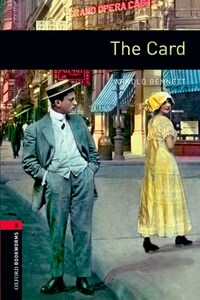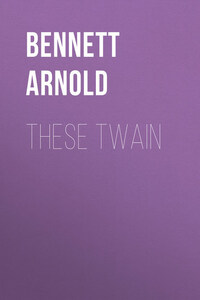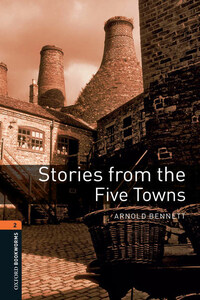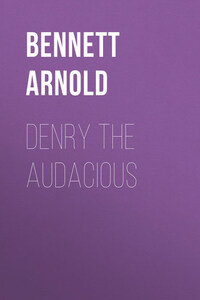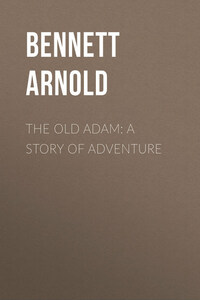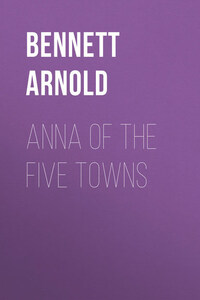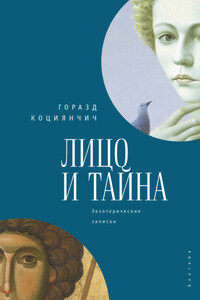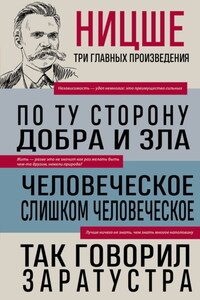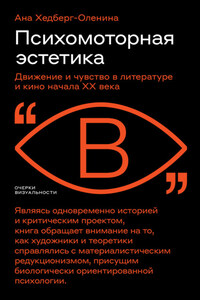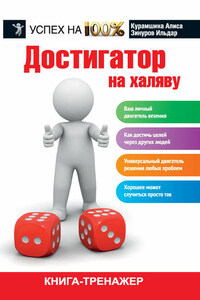Great Clarendon Street, Oxford OX2 6DP
Oxford University Press is a department of the University of Oxford
It furthers the University’s objective of excellence in research, scholarship, and education by publishing worldwide in
Oxford New York
Auckland Cape Town Dar es Salaam Hong Kong Karachi Kuala Lumpur Madrid Melbourne Mexico City Nairobi New Delhi Shanghai Taipei Toronto
With offices in
Argentina Austria Brazil Chile Czech Republic France Greece Guatemala Hungary Italy Japan Poland Portugal Singapore South Korea Switzerland Thailand Turkey Ukraine Vietnam
OXFORD and OXFORD ENGLISH are registered trade marks of Oxford University Press in the UK and in certain other countries
This simplified edition © Oxford University Press 2008
Database right Oxford University Press (maker)
First published in Oxford Bookworms Library 2002
2 4 6 8 10 9 7 5 3 1
No unauthorized photocopying
All rights reserved. No part of this publication may be reproduced, stored in a retrieval system, or transmitted, in any form or by any means, without the prior permission in writing of Oxford University Press, or as expressly permitted by law, or under terms agreed with the appropriate reprographics rights organization. Enquiries concerning reproduction outside the scope of the above should be sent to the ELT Rights Department, Oxford University Press, at the address above
You must not circulate this book in any other binding or cover and you must impose this same condition on any acquirer
Any websites referred to in this publication are in the public domain and their addresses are provided by Oxford University Press for information only. Oxford University Press disclaims any responsibility for the content
ISBN 978 0 19 479111 3
Word count (main text): 11,100 words
For more information on the Oxford Bookworms Library, visit www.oup.com/bookworms
www.oup.com/bookwormse-Book ISBN 978 0 19 478673 7e-Book first published 2012
